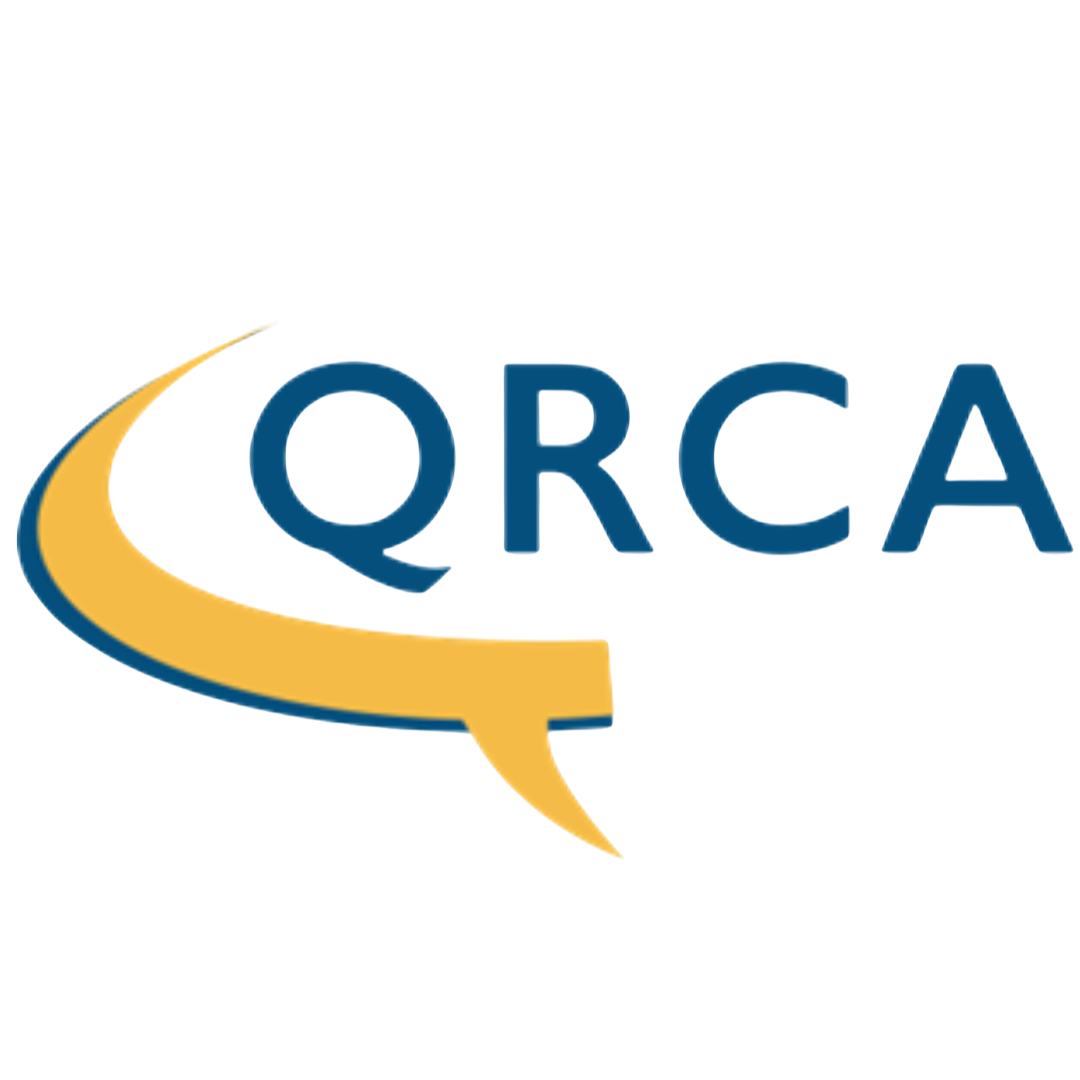Veridata Insights’ validated panel, BizKnowledge carried out a survey to hear our panel’s views on health and fitness. We know that diet and exercise are important for our health. Many of us will have made the familiar new year’s resolution “to get fit this year”. And many of us will have already broken that resolution!
A third our respondents exercise several times a week. On the flipside, one in five respondents stated that they do not exercise at all.
This seems to align with the idea that many of us have an “all or nothing” approach when it comes to exercise. They either strictly adhere to an exercise regime, or they don’t exercise at all.
Supporting this notion is the fact that few people reported that they exercise once a year, once a month, or several times a month or year.
Regarding the equipment our respondents use to exercise at home, nearly one in five people cited using dumbbells, making this the most popular choice. Less popular options were a workout mat, an exercise bike, resistance bands, or a treadmill, with little differences between the weighting of these choices.
More than one in ten people don’t use any workout equipment at home. We can assume that either they don’t exercise, or they opt to exercise at a gym, a class, or outdoors.
While apps and technology are used to facilitate most aspects of our lives, over half of our respondents don’t use any fitness apps.
There wasn’t a single most popular fitness app used, with Google Fit, FitBit Coach, and MyFitnessPal being the most widely used options.
Fitness supplements have become a staple for many of us, and our survey results demonstrate this. Only 13% of users reported not using any supplements. Nearly 40% of people use vitamin or multivitamin supplements, making this the most popular option.
It’s notable that one in ten people reported using cannabidiol (CBD). Despite being relatively new to the supplements market, this indicates that CBD is continuing to gain popularity.
14% of people use probiotics and 13% use protein powder supplements. These low numbers might be because probiotics are generally only used by those suffering with digestive issues. And protein powders are associated predominantly with those attempting to gain muscle mass.
Herbal supplements came in at a low 7%. Perhaps this is because many herbal supplements lack supporting science to demonstrate their effectiveness.
Regarding the 13% of respondents that don’t use any supplements at all, this might be because of financial restraints. Supplements can often be pricey. And in the current economic climate many people are tightening their purse strings.
Our survey results support the trend of people being more conscious of the food they consume. Nearly two thirds of our respondents agree that they’re conscious of the food they eat, with 16% strongly agreeing.
However, over a quarter of people felt indifferent, and 6% disagreed and 4% strongly disagreed that they were conscious of their food. Like with the idea that many people are “all or nothing” when it comes to exercise, perhaps the same applies to diet too.
Curiously, despite most people being conscious of their food consumption, a large 75% majority of respondents don’t use a calorie counting app. Again, this contradicts the trend of apps and technology being integrated in most aspects of our lives.
Alternatively, this may imply that many opt for other ways of monitoring their food intake without counting calories. For example, they might simply make healthier food choices.
For those respondents that do use a calorie counting app, MyFitnessPal was the most popular choice.
All in all, it seems our BizKnowledge panel are all or nothing when it comes to diet and exercise. As the goal is to be healthy, maybe a healthier approach to diet and exercise would lie somewhere in the middle.
BizKnowledge is Veridata Insights’ validated business professional, consumer, and healthcare panel.
Connect with Veridata Insights today to discuss our services or request a personalized demonstration.















